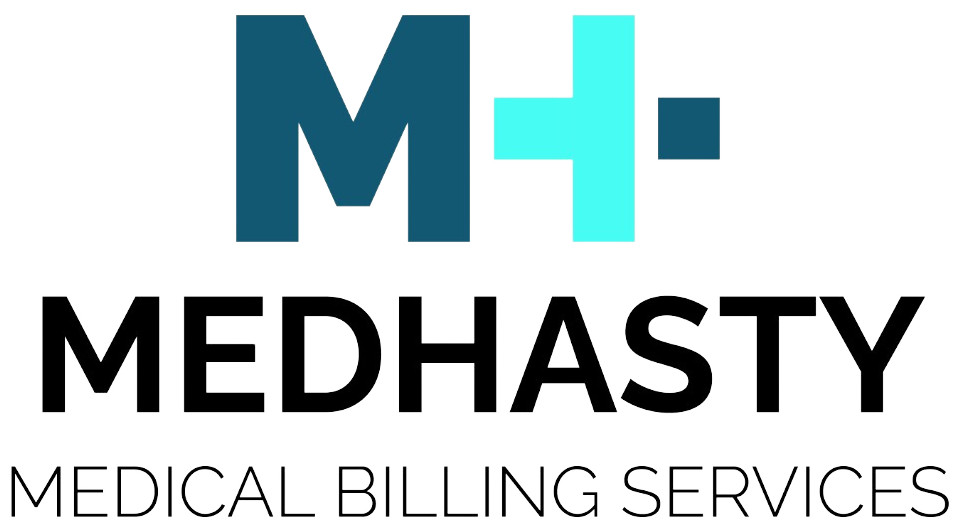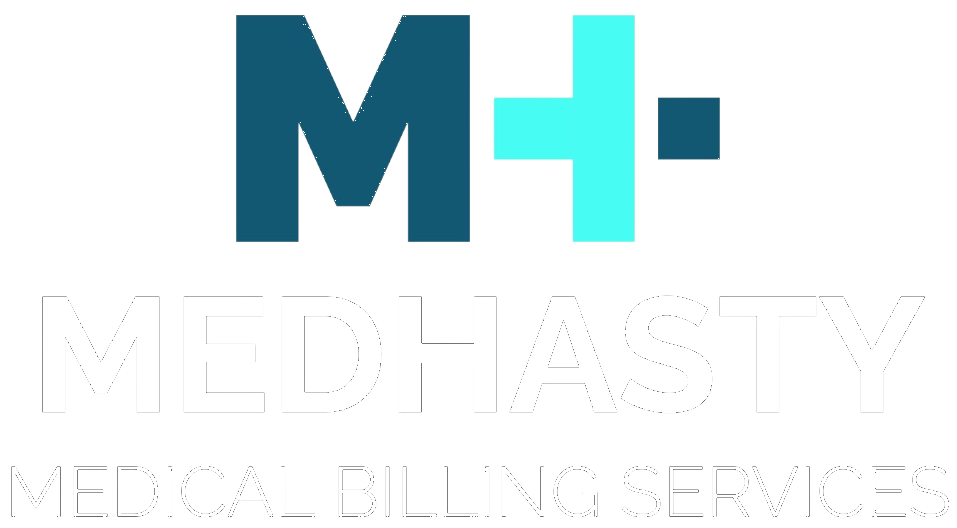In the complex world of healthcare, where doctors, nurses, and other healthcare professionals tirelessly work to improve patient outcomes, there exists a critical yet often misunderstood process that supports the entire system: medical billing. At its core, medical billing is the process of submitting and following up on claims with health insurance companies in order to receive payment for services rendered by healthcare providers. Let’s dive deeper into this essential aspect of healthcare administration.
Understanding the Basics
What is Medical Billing?
Medical billing involves the preparation of claims to submit to insurance companies for services rendered by healthcare providers. These claims detail the services provided, including diagnoses and treatments, and request reimbursement from the patient’s insurance company.
Key Players Involved: –
- Healthcare Providers: These include doctors, hospitals, clinics, and other healthcare facilities that deliver medical services.
- Insurance Companies: Also known as payers, these entities provide coverage for medical expenses as outlined in the patient’s insurance policy.
- Patients: The recipients of healthcare services who may be responsible for co-payments, deductibles, or any costs not covered by insurance.
The Process: –
1. Patient Registration: Gathering patient information, insurance details, and any necessary demographic data.
2. Medical Coding: Assigning standardized codes to diagnoses, procedures, and services provided during the patient’s visit.
3. Claim Submission: Transmitting claims to the insurance company electronically or via paper forms.
4. Adjudication: The insurance company reviews the claim for accuracy and determines the amount of reimbursement.
5. Payment: Once the claim is approved, the insurance company sends payment to the healthcare provider.
The Importance of Accuracy and Compliance
Accurate Documentation: Proper documentation and coding ensure that claims accurately reflect the services provided, reducing the risk of claim denials or delays in reimbursement.
Regulatory Compliance: Medical billing must adhere to various regulations and standards, such as those set forth by the Health Insurance Portability and Accountability Act (HIPAA) to protect patient confidentiality.
Common Challenges in Medical Billing
Claim Denials: Claims may be denied due to errors in coding, incomplete documentation, or issues with eligibility or coverage.
Coding Complexity: Medical coding requires trained professionals to accurately translate medical records into standardized codes recognized by insurance companies.
Revenue Cycle Management: Efficient management of the revenue cycle, from patient registration to final payment, is crucial for the financial health of healthcare providers.
The Future of Medical Billing
Advancements in technology, such as electronic health records (EHR) and automated billing systems, are streamlining the medical billing process. These innovations aim to reduce administrative burden, improve accuracy, and enhance overall efficiency in healthcare operations.
Conclusion
Medical billing is an indispensable part of the healthcare ecosystem, ensuring that healthcare providers receive proper compensation for their services while navigating the complexities of insurance coverage and regulatory requirements. As the healthcare landscape continues to evolve, understanding the fundamentals of medical billing empowers patients, providers, and administrators alike to navigate this critical aspect of healthcare delivery with clarity and efficiency.
In conclusion, while medical billing may seem daunting at first glance, it is an essential component that supports the seamless delivery of healthcare services to patients around the world. As technology continues to advance and regulations evolve, staying informed about medical billing practices ensures that healthcare providers can focus on what matters most: delivering high-quality care to those in need.



